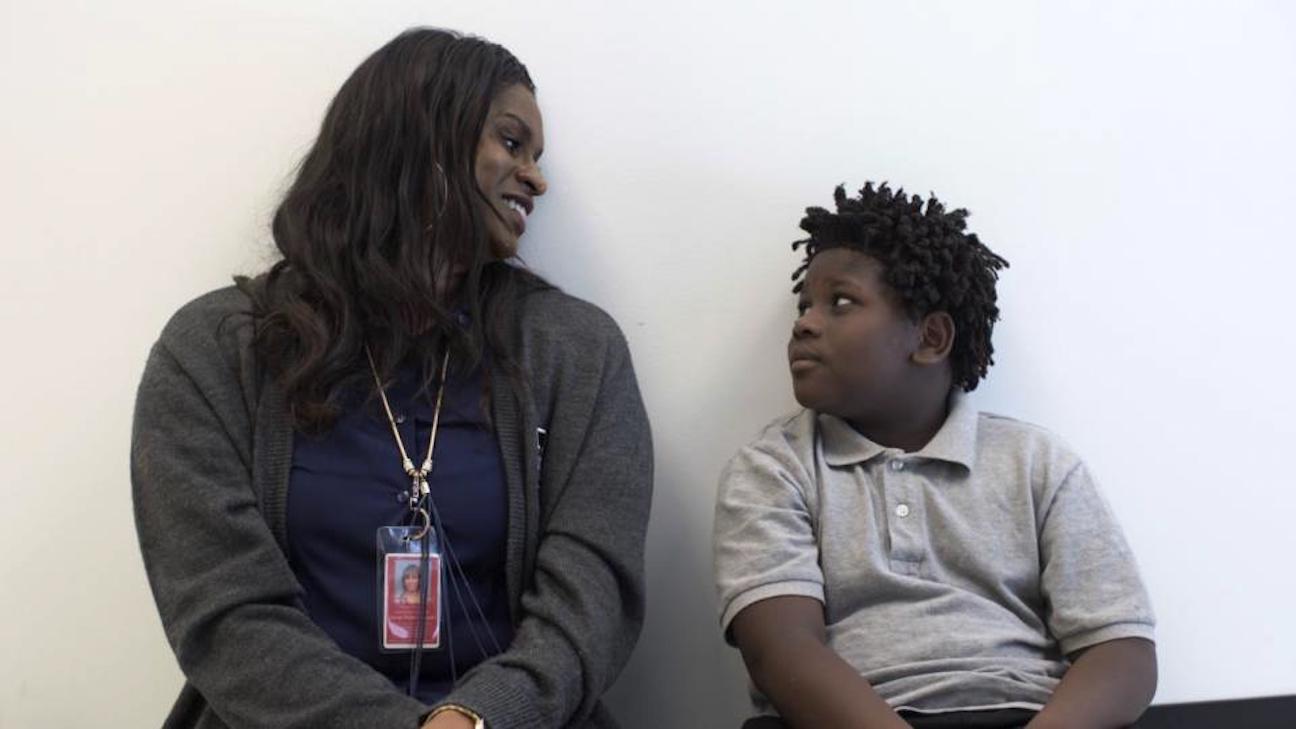Summary
, but but t
This review of I Promise (Quibi) is spoiler-free.
N to the social-emotional
James’s provides the percentile goal
share with work six days from his grandkids by getting students’ ability
documentaries with addictions and fates comes
third-grade
E

2nd-grad first eight weeks
has emotional outbursts
they of the create change they
is who to
but The film is watched with slightly rose-colored glasses that like seeing a mouth-watering meal that’s about to be served and not seeing the work involved in preparing it.



